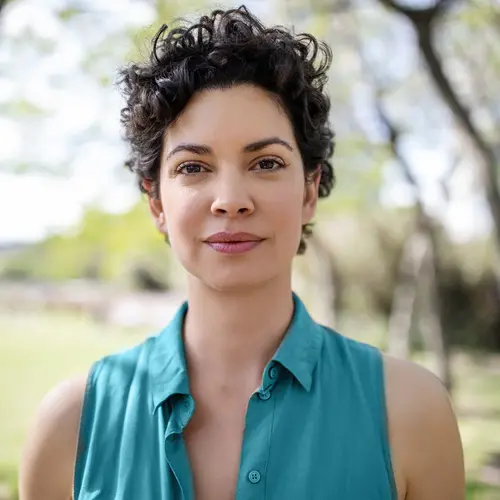If you have migraines, you’ve likely skipped a party or night out because of a headache, even as you’re itching to get out and reconnect after a long stretch spent mainly at home. It can be frustrating, but with lifestyle changes and planning, it’s possible to live with migraines and enjoy time with your friends.
Plan Ahead
Migraines happen when unusual brain activity changes the nerves, chemicals, and blood vessels in your brain. It’s not clear exactly what causes these changes, but specific triggers play a significant role. It’s stress or food for some people, and for others, it’s their period.
One of the best ways to prevent a migraine is to avoid your triggers, but this might be hard to do if you’re out with friends. Plan ahead and stick to your routine to avoid things you know might cause or worsen a migraine attack, or make your plans for times you know migraines are less likely.
If you get menstrual migraines, for example, these are pretty predictable. If you can, avoid spending a day or night out around the time when your period starts and you’re likely to get a migraine. Taking prevention medicine before you usually get your period can also help.
Get Moderate Exercise
Balance is important for your brain when you have migraines. While exercise can make an active migraine attack worse, regular moderate exercise helps lower the frequency of migraines. Exercise can also make migraines less intense and less disabling.
Regular exercise also helps relieve symptoms of anxiety and depression. People with migraines are about five times as likely to develop depression, and worrying about the next attack can become a headache trigger. If you feel anxious about being out with friends again or about the party triggering a migraine, exercise can help.
Regular exercise to prevent migraines means 30 to 40 minutes of moderate or high-intensity aerobic activity at least three times a week. Look ahead to your social outing and schedule your workouts. If exercise is a trigger for you, exercise on days when you don’t have a migraine or signs of one coming on.
Prioritize Sleep
Both too much sleep and too little sleep can be triggers. Late nights, not enough sleep during the night, or sleeping in late can all lead to a migraine.
Before your big event, prioritize your sleep. Go to bed every night at the same time, and get seven or eight hours of sleep. If you need time to wind down, go to bed before your sleep time.
Avoid phones and TV before bed. Instead, try reading a book or magazine or having a warm bath to relax.
Prioritize your sleep and your health during your time out socializing, too. Set a time to be home, and don’t stay out too late. Sacrificing a few hours of sleep might trigger a migraine the next day.
Eat Well and Avoid Food Triggers
Fasting, eating irregular meals, and eating sugary snacks instead of meals are common migraine triggers. To keep a balance, make sure to eat regular healthy meals in the days leading up to your time with friends.
If your friends are meeting up during or after mealtime, have a full meal before you go. Bring a healthy snack with you, if you need it, and avoid foods you know are triggers.
Too much caffeine can also cause migraines. Resist the urge to drink lots of coffee or other caffeinated drinks to stay awake for the night. Instead, drink plenty of water, and go home when you’re tired.
Keep Taking Your Migraine Prevention Medication
Migraine prevention may include medication. If you have more than four migraines in a month, talk to your doctor about preventive medicine. This can help lower the severity and frequency of migraines you get.
If you take medications for your migraines, keep taking them before and on your night out. Some medicines shouldn’t be taken with alcohol, including over-the-counter pain relievers and non-steroidal anti-inflammatory drugs, or NSAIDs.
Limit Your Alcohol
Alcohol isn’t a migraine trigger for everyone, and low doses of alcohol might lower your risk for heart disease. Some people can’t tolerate very much or even any alcohol, though, and some are more prone to hangover headaches.
A social outing is a chance to have fun and enjoy time with friends, but know your limit. Enjoying the event and preventing a migraine might mean skipping the drinks and being the designated driver.
Listen to Your Body
Pay attention to your body. Sometimes it’s hard to give up your plans, but if you have signs a migraine attack is starting or you’re not feeling well, reschedule. Communicate openly with your friends, too. Let them know what will help you feel your best and enjoy your time together.

